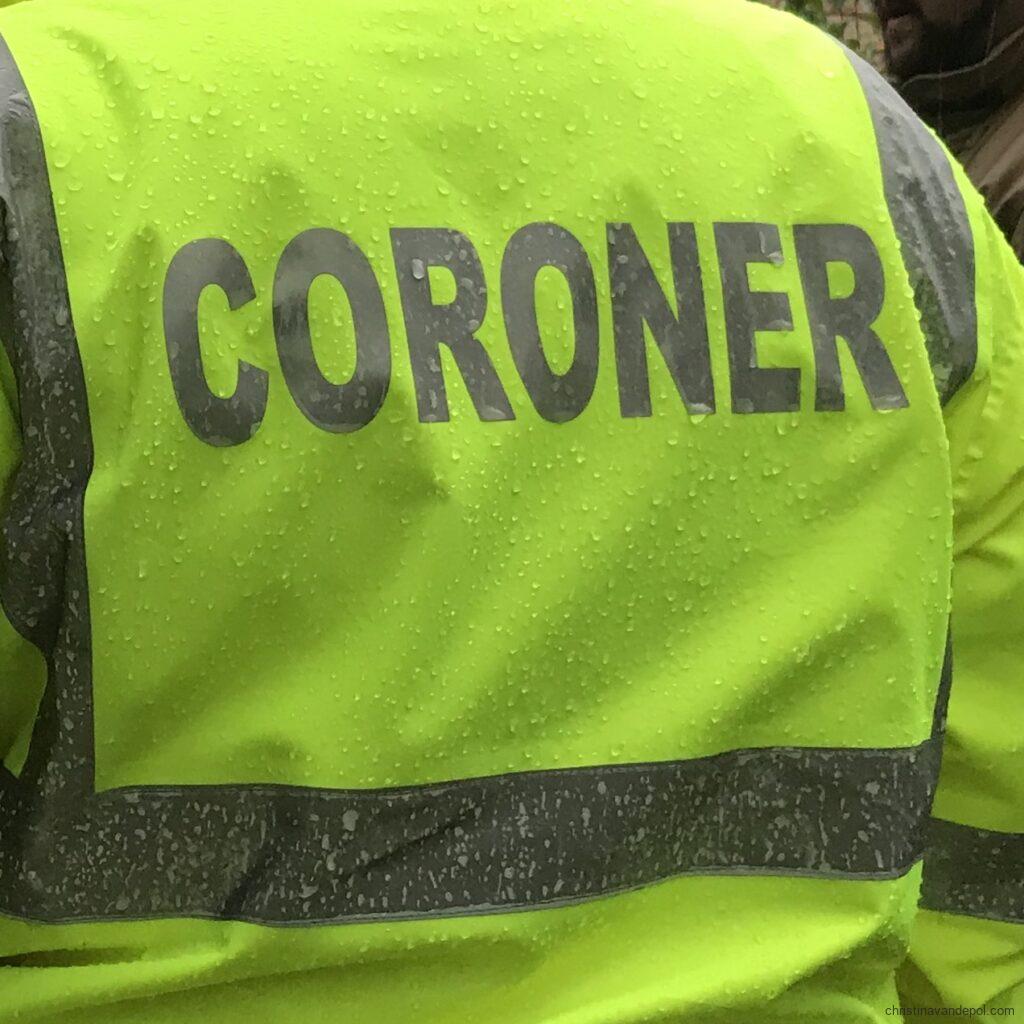
The Pennsylvania Center for Rural PA (CRP) released an in-depth report this week on the state’s medicolegal death investigation system. Bottom line – there isn’t one system. There are 67 different systems, one for every county.
Inequitable Death Investigations
There are a lot of disturbing findings in the report. This post will look only at what the study calls “inequitable application of death investigations statewide.” That is not to imply that there are good and bad counties when it comes to death investigation. It would be more accurate to say that there are bad and worse counties. The fault for this lies as much at the state level as at the county level.
Who’s Your Coroner?
Elected coroners are in charge of medicolegal death investigation in 62 Pennsylvania counties. Two counties, Luzerne and Northampton, appoint coroners and three counties (Allegheny, Delaware, and Philadelphia) appoint medical examiners. The requirements to be a coroner in Pennsylvania are ridiculously inadequate. For example, you don’t need to have medicolegal death investigtor certification by the American Board of Medicolegal Death Investigators (ABMDI). Basically you just have to be 18 and live in the county. In reality, some coroners are physicians or have other medical backgrounds, while others come from law enforcement. Many are funeral directors, however, a practice banned in some other states because of the inherent conflict of interest.
In Pennsylvania, where and when someone dies determines which of 67 coroners and medical examiners will be in charge of that death investigation. Each of those 67 people is in charge of how they run their office and each does it differently. When a new coroner is elected, those procedures and practices will change again.
Why So Few Autopsies?
According to a 2018 nation-wide study by the U.S. Dept. of Justice, coroners do autopsies in up to 30% of accepted cases compared with 45% in city/regional medical examiner offices and 33% in state-wide medical examiner systems. Autopsy rates vary wildly across Pennsylvania. Urban counties in PA do autopsies on about 25% of cases they accept for investigation, while rural counties autopsy about 10% of such cases. Variability in local practices, budget, and availability of forensic pathologists account for these differences. When doing interviews for the PA study, one coroner told me it’s a standing joke in their county that if you’re going to murder someone, do it the second half of the year. By then the autopsy budget is depleted and you’re less likely to get caught.
What Can PA State Policy Makers Do?
These are a few top-level policy changes the report authors suggested to improve PA’s dysfunctional and unfair death investigation system:
- Amend the County Code to require standard operating procedures in each coroner and medical examiner office. [author’s note – these SOPs should meet national accreditation standards.]
- Amend state statutes to strengthen coroner qualifications, training, and certification.
- Establish a state panel to consider the option of a state-wide medical examiner system with regional forensic pathology centers.
[Full Disclosure: The writer of this post is one of the researchers and authors of the referenced study. The opinions in this post are my own. Access my other publications on this page.]